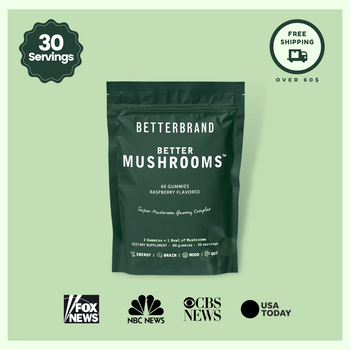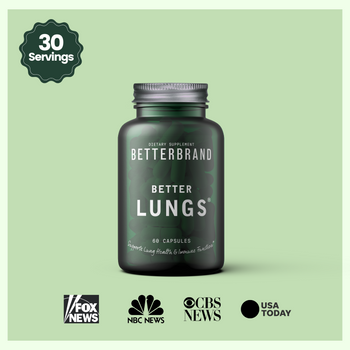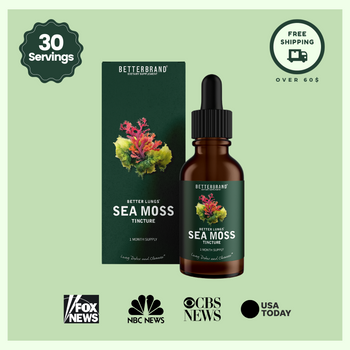The two popular opinions regarding the supplement industry are either that:
- All supplements are Food and Drug Administration (FDA) approved, are highly regulated, and have little potential to interact with medications.
- The supplement industry is a free-for-all with no regulations, no standards, and minimal safety.
The truth is somewhere in-between.
Dietary supplements are regulated by the FDA. The FDA’s authority in the space comes through the Dietary Supplement Health & Education Act (DSHEA), passed in 1994, that defines what dietary supplements are and includes guidance on how they should be sold and regulated. The FDA regulates dietary supplement marketing, ingredient safety, and manufacturing. Learn more about DSHEA and labeling guidance from the FDA.
Dietary supplements are not required by law to go through the same kind of testing as pharmaceutical products, such as over-the-counter or prescription medications.
One of the reasons is because the pharmaceutical chemicals developed in laboratories have never before been introduced to the human body while a large number of dietary supplements come from botanical products that have developed alongside humans with a long history of use over decades to centuries. So, dietary supplements are categorized alongside food.
Unlike drug manufacturers, the makers of supplements don’t have to show their products are safe or effective before selling them on the market. Any claims they make, however, must be supported by data. With that said, a large number of products contain fillers that play no role in the purported benefit of the dietary supplement and regulations are needed to ensure dietary supplements are safe and their ingredients are effective.
FDA Regulation of Dietary Supplements
The FDA regulates dietary supplements in a number of ways.
One of the primary ways is through monitoring the marketing claims made by dietary supplement companies. There is a requirement in place that claims, generally referred to as “structure/function claims”, must be submitted to the FDA within 30 days of a dietary supplement hitting the marketplace. These claims must be substantiated by data, preferably randomized controlled trials which test the ingredient in a controlled setting with reproducible results. The FDA attempts to ensure supplement companies do not claim their products prevent, reduce the symptoms of, or cure diseases as these are referred to as “health claims”. At a minimum, these claims require pre-approval from the FDA, at a maximum, they violate the rules in place and the FDA will see the product as an unregulated medicine. If it seems like a supplement company gives you a political-seeming answer to an inquiry, this is the reason. Products can be “designed with a disease state in mind” but cannot make any claims regarding their ingredients or symptoms. These restrictions are the reason companies depend on user-generated feedback and an active following on social media.
Second, if evidence indicates an ingredient is harmful, the FDA mandates the removal of an ingredient from the marketplace. The FDA has also created an Ingredient Advisory List for ingredients that it is investigating further for safety. While inclusion on this list does not mean an ingredient is unsafe, manufacturers are less likely to include such an ingredient in their products.
Third, the FDA reviews and approves the introduction of new ingredients to the market by classifying ingredients as generally recognized as safe (GRAS), or as new dietary ingredients (NDI).
Fourth, the FDA inspects manufacturing facilities to make sure they follow current Good Manufacturing Practices (cGMPs). The FDA’s cGMPs cover items from raw material verification via certificates of analysis (COAs) to finished product testing in-house and accurate labeling. Read more about cGMPs.
Regarding safety, effectiveness, and quality of dietary supplement products, cGMPs are the most critical area of FDA involvement and regulation. The FDA has established different sets of cGMPs for pharmaceutical products, medical devices, and foods (reminder: dietary supplements fall under “foods” in the FDA’s classification scheme). The FDA expects manufacturers of dietary supplements to comply with cGMPs, however, the FDA does not certify manufacturers that are in compliance. Facilities are registered with the FDA, which conducts inspections noting their observations while pointing out deficiencies that need to be corrected by the manufacturer. In addition to the FDA’s cGMP federal compliance program, dietary supplement manufacturers can attain cGMP manufacturing certification from a few non-governmental, third-party organizations.

Key takeaways:
- Dietary supplements are not FDA approved items in the way that we think of medications, they are classified alongside food in the eyes of the FDA.
- Dietary supplements are regulated by the FDA meaning it is not a free-for-all on what you can advertise as claims must be substantiated by data, preferably randomized controlled trials.
- Ingredients that are thought or known to be unsafe are not allowed into products, and if they are included, the manufacturer can, and likely will, face consequences.
- Dietary supplements should be manufactured in FDA registered, cGMP certified facilities.






